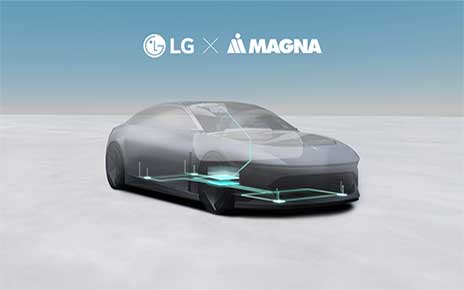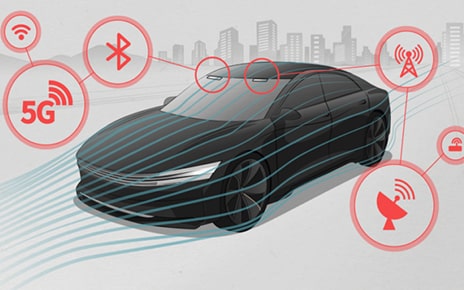We use cookies, including cookies from third parties, to enhance your user experience and the effectiveness of our marketing activities. These cookies are performance, analytics and advertising cookies, please see our Privacy and Cookie policy for further information. If you agree to all of our cookies select “Accept all” or select “Cookie Settings” to see which cookies we use and choose which ones you would like to accept.
LG Becomes World’s First Auto Component Supplier to Meet Global Standard for Functional Safety and Cybersecurity
-
extension : ziplg-becomes-worlds-first-auto-component-supplier-to-meet-global-standard-for-functional-safety-and-cybersecurity.zip
-
extension : imglg-becomes-worlds-first-auto-component-supplier-to-meet-global-standard-for-functional-safety-and-cybersecurity-Desktop.jpg
-
extension : imglg-becomes-worlds-first-auto-component-supplier-to-meet-global-standard-for-functional-safety-and-cybersecurity-02.jpg
LG Continues to Lead Future Vehicular Software Development
by Acquiring Both Functional Safety and Cybersecurity Certifications

SEOUL, March 30, 2023 — LG Electronics (LG) is the first player to meet international testing standards for functional safety and cybersecurity management for vehicles. LG annually updates required certifications for its hardware and software solutions for electric vehicle components through leading global testing organization, TÜV Rheinland.
A respected player in the rapidly growing EV components industry, LG has consistently complied with international regulations and participated in key certification programs. To lead the field of vehicle safety, LG is committed to securing the technical capabilities both at the employee and the organizational level.
Recently, LG research engineer Kim Min-kyu obtained the Automotive Functional Safety Expert qualification, becoming the second individual ever to do so since the qualification program was established in 2011. Also, LG acquired functional safety certification for its ADAS front camera in the ‘4M’ (Material, Method, Machine, Man) categories in 2022. The company’s vehicle components also comply with the Cyber Security Management System (CSMS) – the United Nations Economic Commission for Europe’s (UNECE) regulation No. 155 (UN R155).
“With the rising importance of vehicle security and safety regulations in the global auto industry, acquiring certification for our auto components and technologies is key to maintaining competitiveness,” said Eun Seok-hyun, President of LG Vehicle component Solutions (VS) Company. “LG will continue to comply with the latest standards and grow its capabilities in safety and security to provide our customers with even more reliable solutions.”
“We congratulate LG on producing Asia’s first Functional Safety Expert, an achievement that reflects the company’s outstanding, across-the-board performance in acquiring top industry certifications and qualifications,” said Frank Juettner, CEO and director of TÜV Rheinland Korea. “Obtaining the latest certifications, including ISO/SAE 21434, demonstrates LG’s commitment to providing its customers and partners with the highest level of product, system safety and security.”
LG has built stellar track records maintaining its innovation at the highest level of quality and reliability. Already in 2018, LG secured technical certification for Functional Safety Management (FSM) in infotainment development, and in 2021, its Advanced Driver Assistance System (ADAS) front camera passed assessments for functional safety (product and processes) based on ISO 26262 – an international functional safety standard for the development of electrical and electronic systems for vehicles.
LG also plans to lead future trends in autonomous driving, where functional safety will be centered on the fast-growing area of Safety of The Intended Functionality (SOTIF). SOTIF is becoming increasingly important as the entire auto industry seeks to incorporate and expand the use of various advanced technologies in their vehicles, including artificial intelligence (AI), high-definition maps, sensor data interfaces and cybersecurity applications.


